First time buyers get 20% off *
Ave Maria (Schubert) (1825)
Op. 52, No. 6, D.839
Franz Schubert (1797 – 1828)
Any Saxophone with Piano - includes B-flat and E-flat solo sax parts
Ave Maria (Schubert) by Franz Schubert arranged for Any Saxophone with Piano - includes B-flat and E-flat solo sax parts. Often performed at Christmas, weddings, church services and other events, this Ave Maria is one of Schubert’s most popular titles. It has been widely recorded by many different vocal and instrumental performers.
This arrangement is for any saxophone solo with piano. The key is B flat major. It is in 4/4 throughout. Tempo is quite slow “Sehr langsam”, around 58-64 bpm. A good piece to work on tone and vibrato. Intermediate players should have good success making progress with this piece.
- The range for each saxophone part is shown below.
- Audio and score excerpts are available above.

About This Piece
Schubert composed a set of seven songs with lyrics from Walter Scott’s poem “The Lady of the Lake”. They were published in 1826 as his Opus 52. Three of those songs are for soprano voice (the character Ellen in the poem), two are for baritone, and one each are for men’s and women’s choirs.
The opening words and refrain of Ellen’s third song, namely “Ave Maria” (Latin for “Hail Mary”), may have led to the idea of adapting Schubert’s melody as a setting for the full text of the traditional Roman Catholic prayer, “Ave Maria”. The Latin version of the “Ave Maria” is now so frequently used with Schubert’s melody that it has led to the misconception that he originally wrote the melody as a setting for the “Ave Maria” prayer.
About the Composer
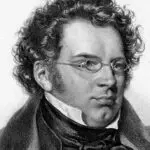 Franz Peter Schubert (1797 – 1828) was a seminal Austrian composer. Even though he died before he was 32, he was extremely prolific during his lifetime, writing more than six hundred vocal works, seven symphonies, numerous operas, and much more besides. Schubert is now widely considered to be amongst the most important composers of the late Classical and early Romantic eras.
Franz Peter Schubert (1797 – 1828) was a seminal Austrian composer. Even though he died before he was 32, he was extremely prolific during his lifetime, writing more than six hundred vocal works, seven symphonies, numerous operas, and much more besides. Schubert is now widely considered to be amongst the most important composers of the late Classical and early Romantic eras.

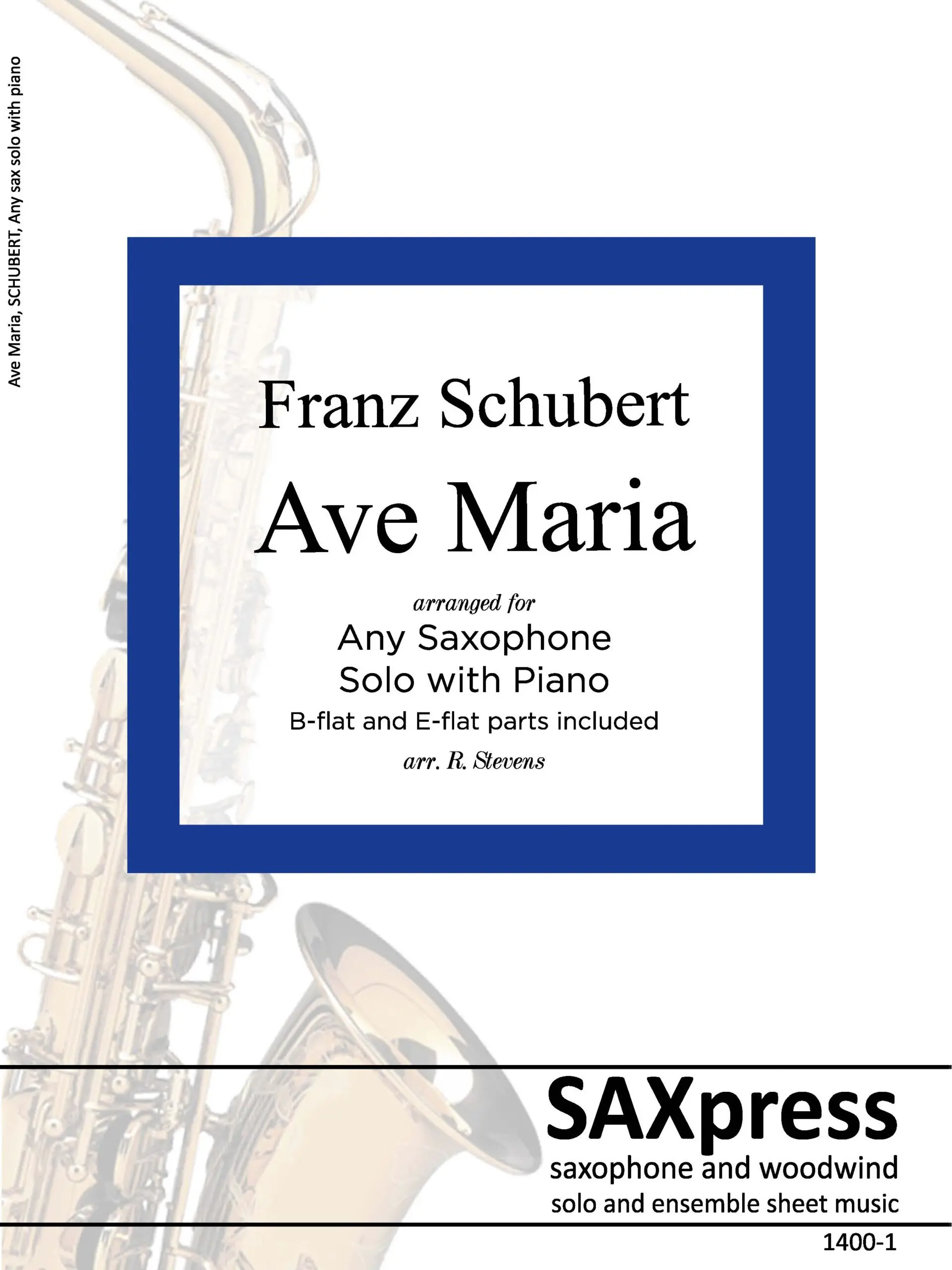
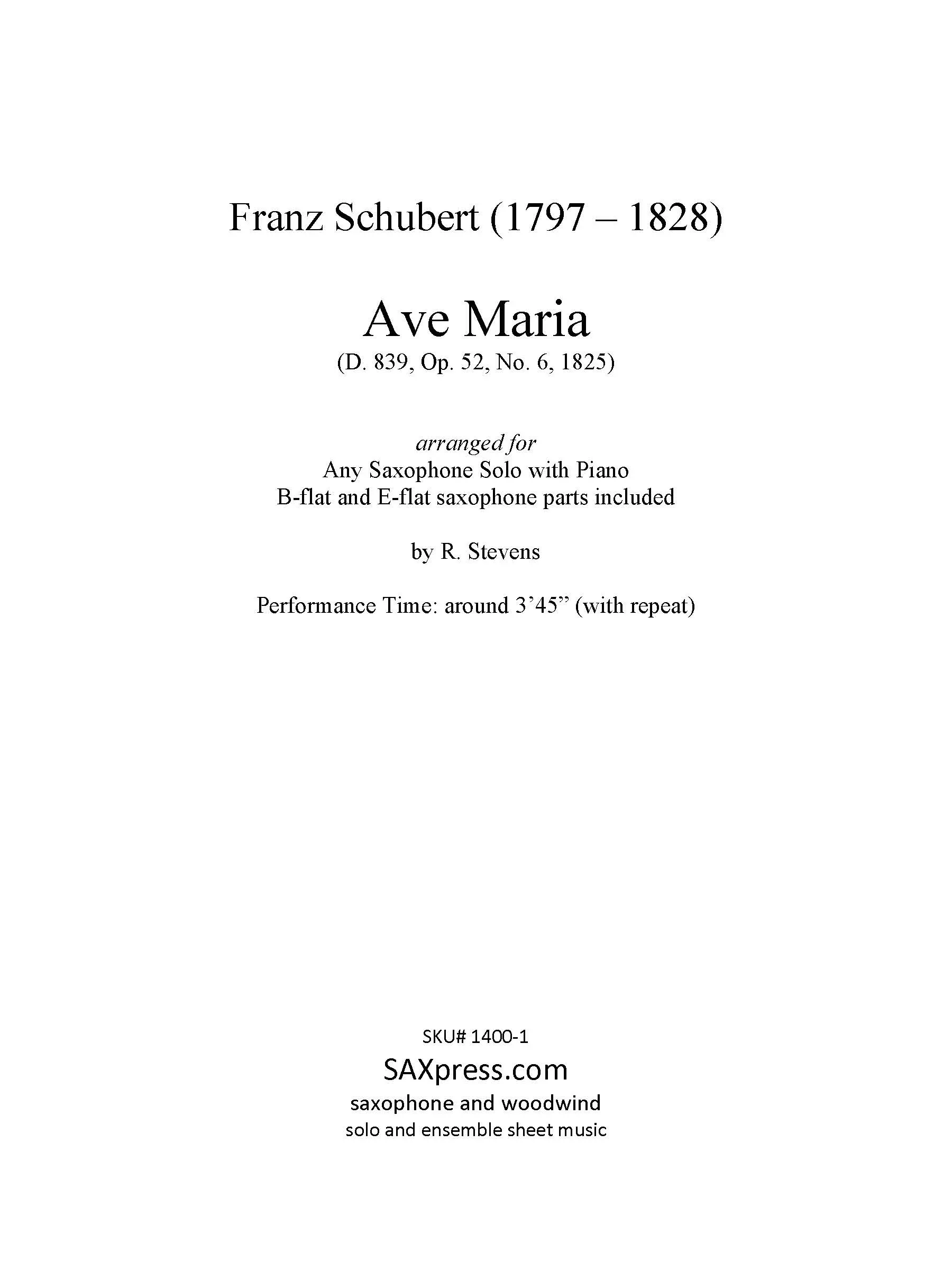
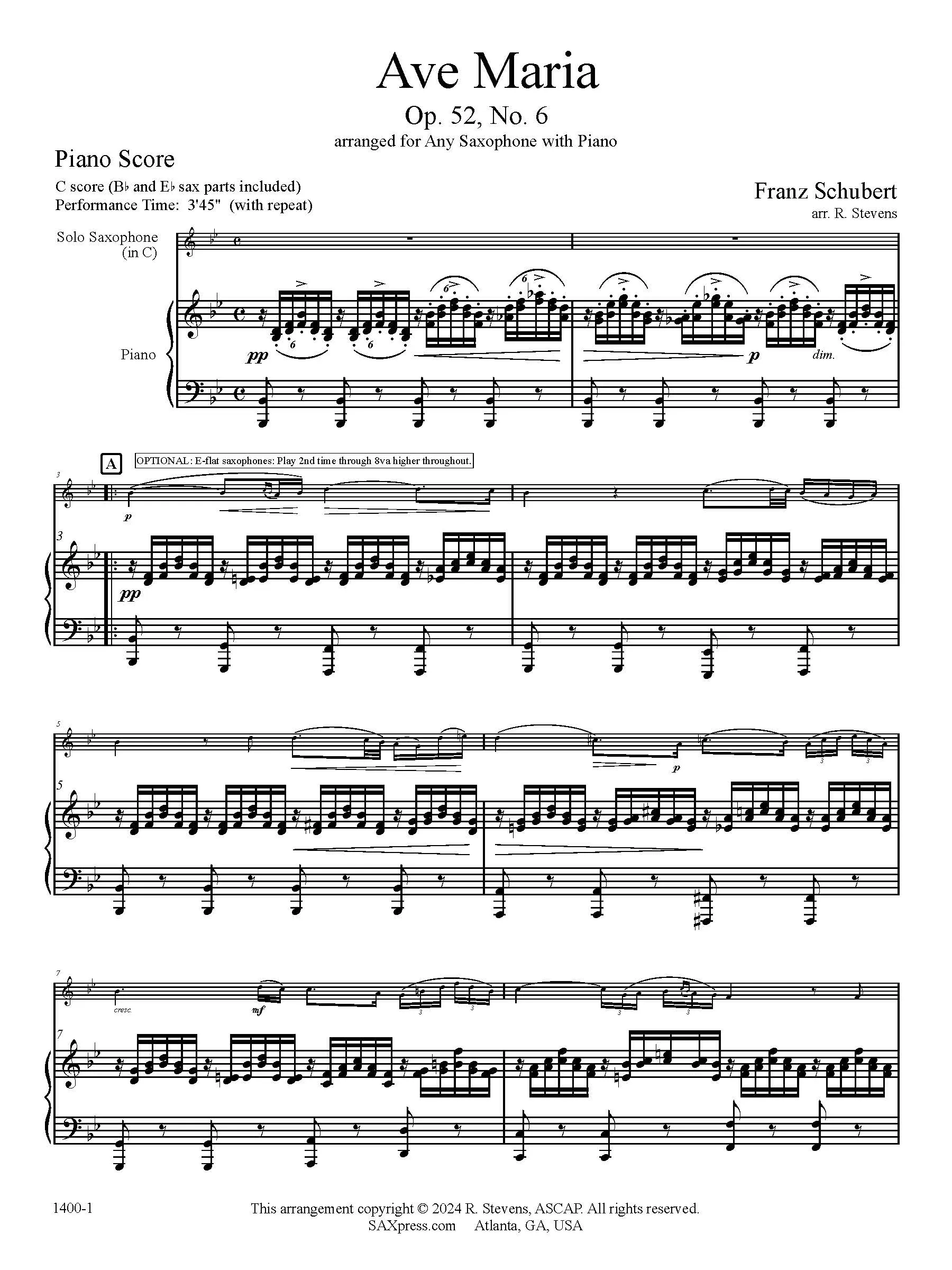
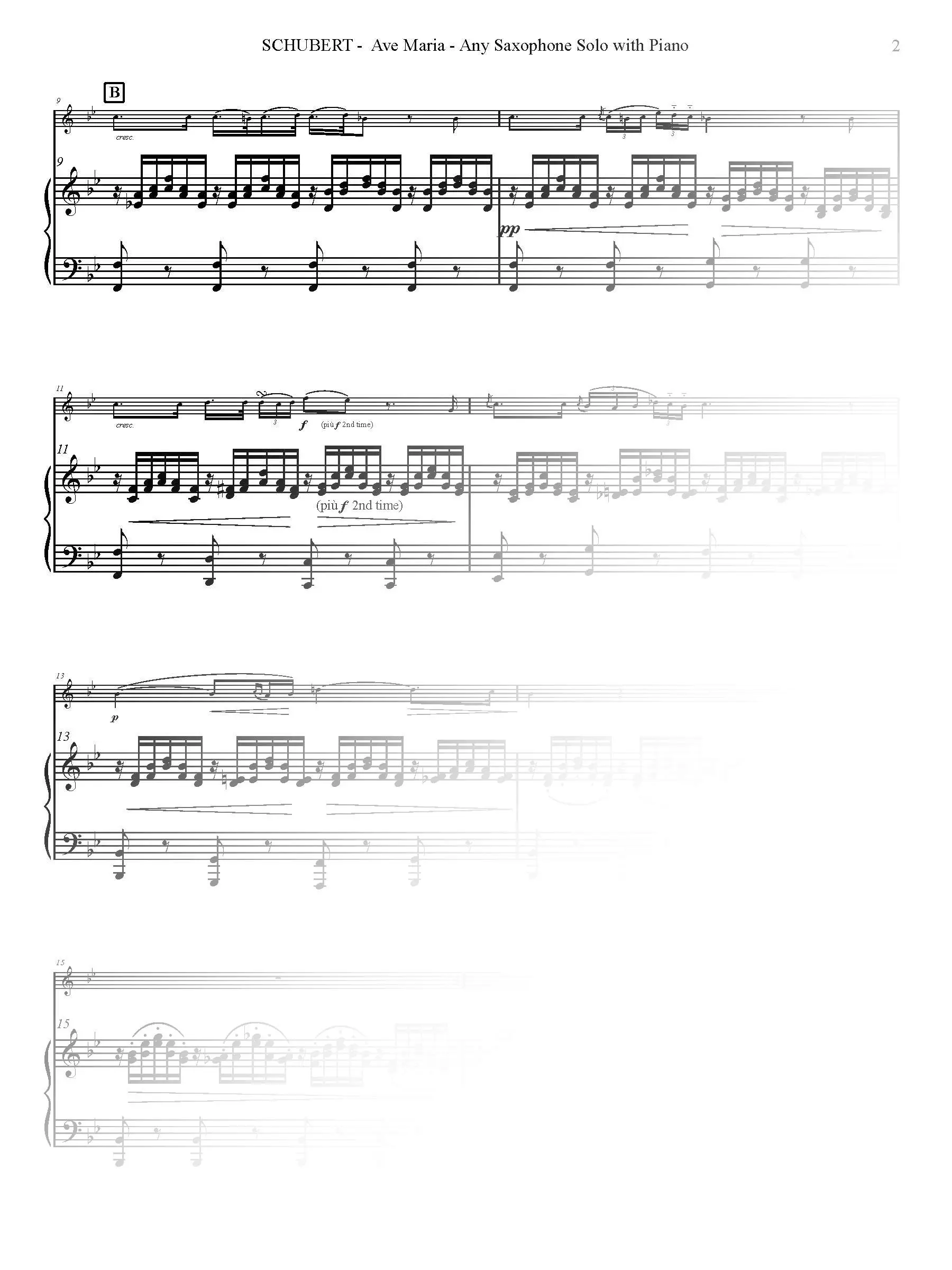
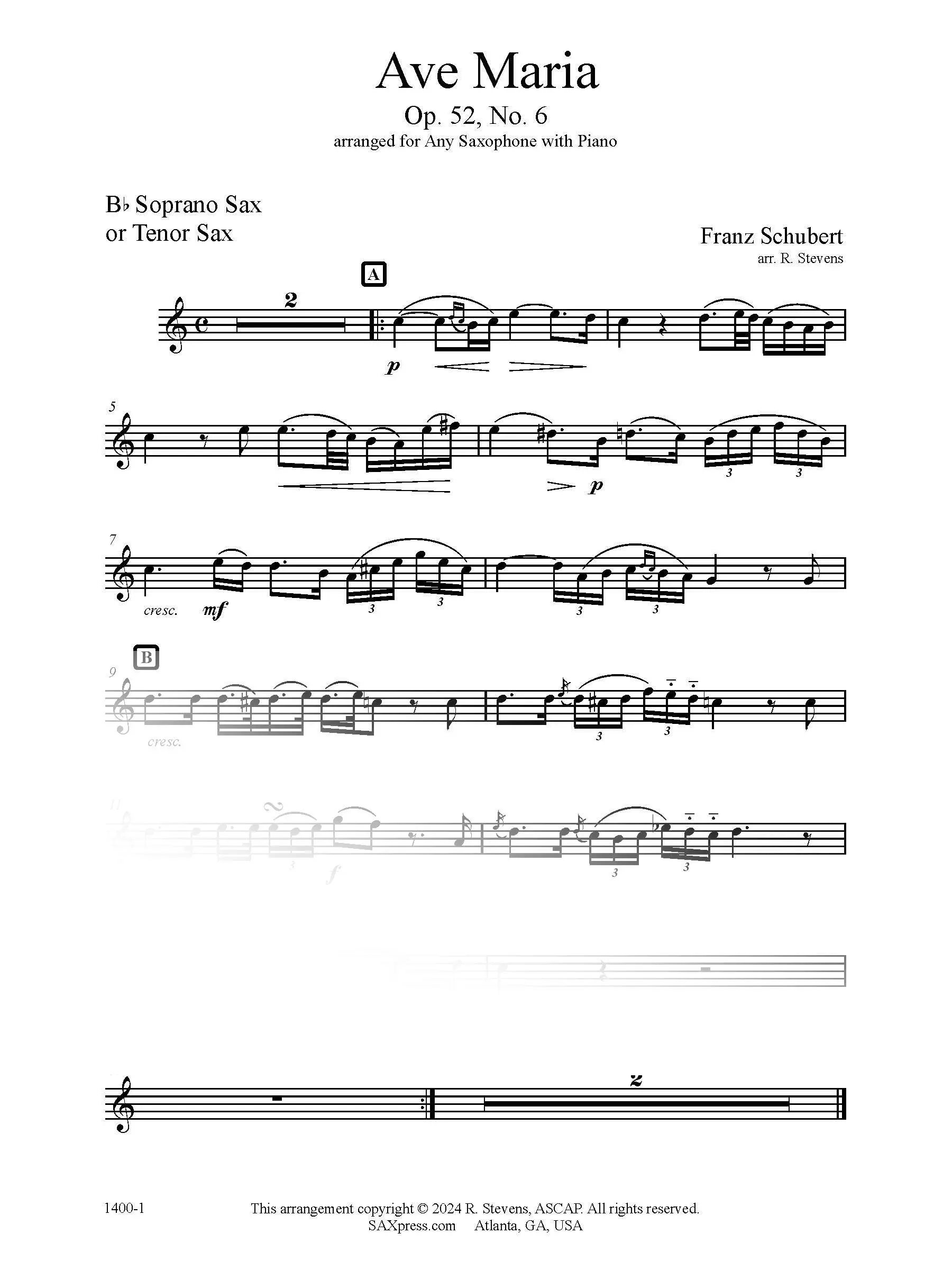
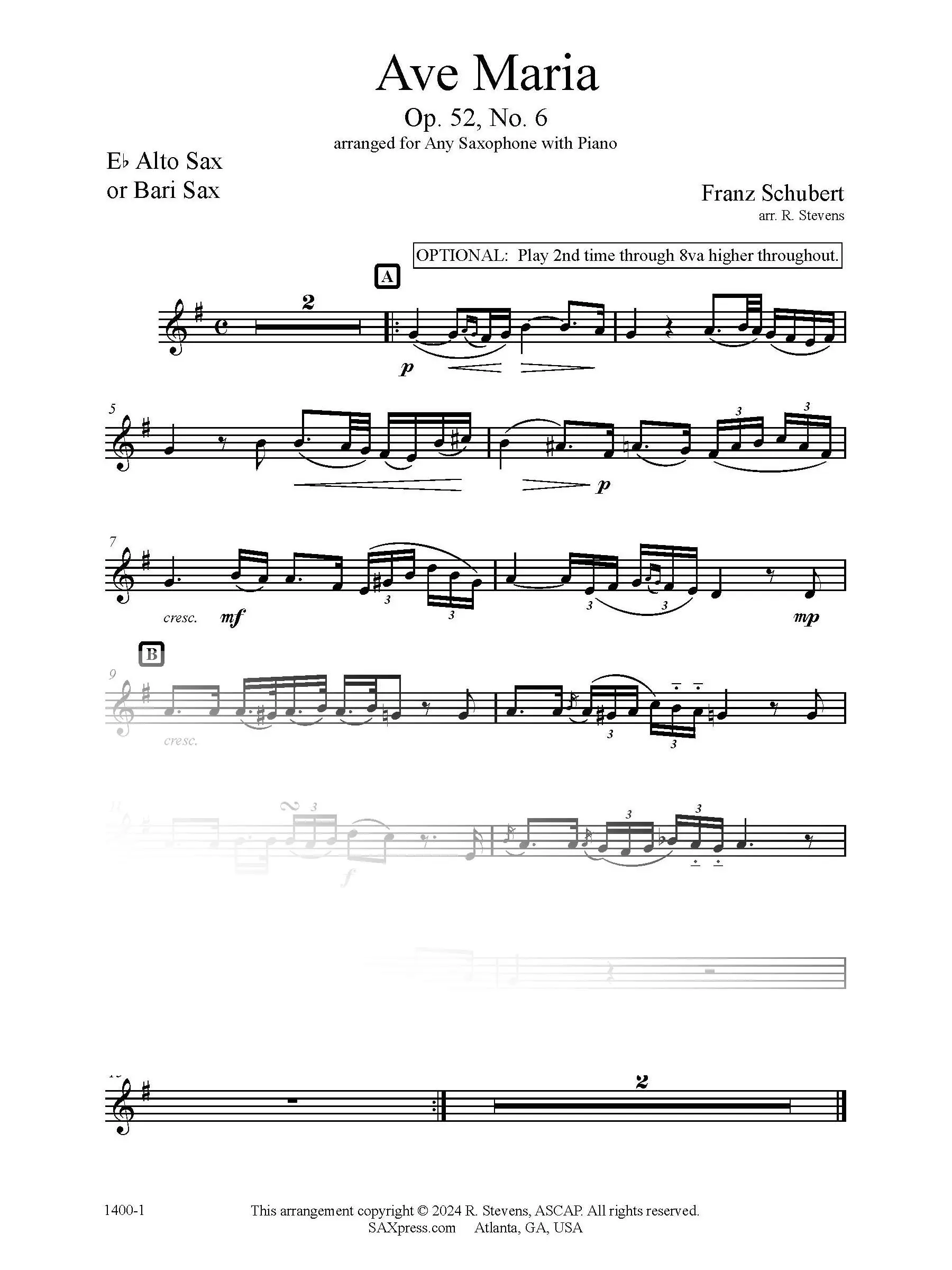
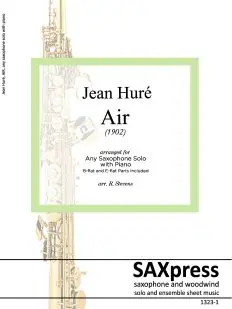
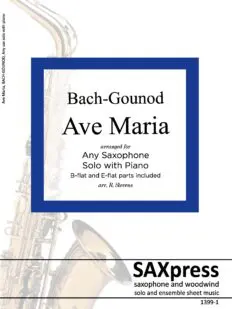
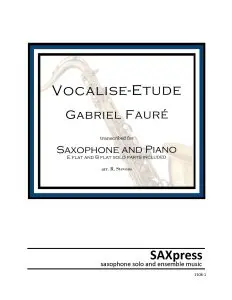
Reviews
There are no reviews yet.